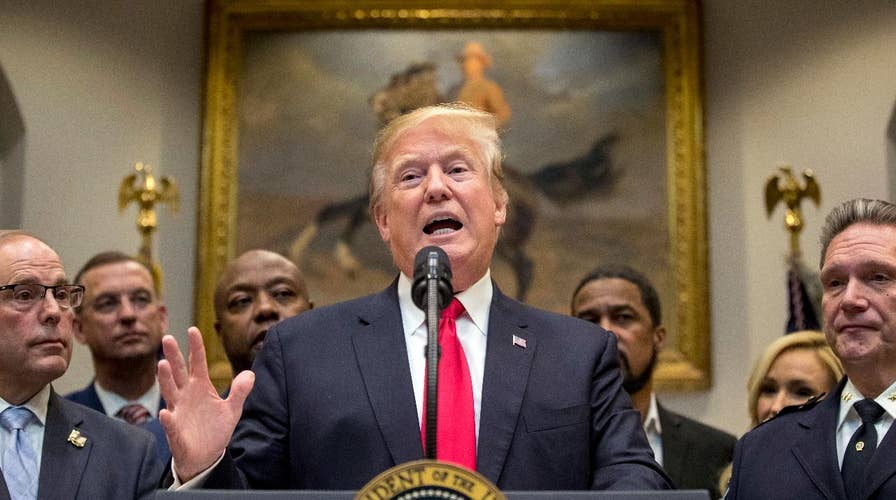Will bipartisan prison reform bill be passed by end of year?
Former Deputy Assistant Secretary of State Joel Rubin and GOP strategist Boyd Matheson debate.
The U.S. justice system is built upon certain principles. One of them is that offenders make amends for their wrongdoing and provide restitution to their victims. Criminals, including those who commit low-level, non-violent crimes, must face punishment proportionate to their offenses. They must pay back their debt to society.
Another important principle of our justice system is that offenders have the opportunity for a second chance at life. The system must provide tools and programs for the rehabilitation of people in prison so that they can earn back the public’s trust and return home as good spouses, parents and neighbors.
The federal justice system has failed on this front. The U.S. Sentencing Commission studied 25,431 federal offenders who were released back into society in 2005. Over an eight-year period, 49 percent were rearrested, and almost one-third were reconvicted.
This statistic alone represents an abysmal recidivism rate for a system that is supposedly in the business of rehabilitation. Whether it happens in the public or private sector, such failure should be met with immediate congressional or executive action.
Lawmakers must ask themselves a simple question: Do we want former inmates to return to society as productive citizens? Or do we want to put the public at risk that released prisoners will return to a life of crime?
Fortunately, congressional and executive actions to fix the failures of our federal prison system are on the horizon. This week, President Trump announced his support for the First Step Act – legislation that provides federal prisoners with access to transformative educational and drug treatment programming.
The Trump administration has been working diligently behind the scenes to garner support for the bill and on Wednesday the president announced at a White House press conference that it will "make our communities safer and give former inmates a second chance at life after they have served their time."
The First Step Act passed the U.S. House of Representatives in June by an overwhelming bipartisan majority of 360-59. Senate Majority Leader Mitch McConnell, R-Ky., has committed to whip the legislation during the lame duck session.
Enactment of the First Step Act would represent the most impactful reform to our federal justice system since President Obama signed the Fair Sentencing Act of 2010, which reduced the statutory penalties for crack cocaine and eliminated the mandatory minimum penalty for simple possession of crack cocaine.
The First Step Act would institute more proportionate punishment for non-violent crimes. It would make the public safer by ensuring that released prisoners are returning to society without drug or alcohol addictions, and with the education and life skills to become productive members of their communities.
The outstanding results of “back-end” prison and re-entry policy reforms in states such as Texas, Georgia and South Carolina are the impetus for the federal government to consider similar legislation. Justice reform was enacted in these states by Republican governors with Republican-controlled legislatures, and all three have seen a significant decrease in crime because of these reforms.
According to the Federal Bureau of Prisons’ statistics, over 46 percent of all inmates currently in federal prisons are serving time for a drug offense. All of these offenders will be released back into society at some point with most serving sentences of less than 10 years in length. Less than three percent of all federal inmates are serving life sentences without chance for early release.
Since 95 percent of all incarcerated individuals in the federal system will eventually re-enter society, lawmakers must ask themselves a simple question: Do we want former inmates to return to society as productive citizens? Or do we want to put the public at risk that released prisoners will return to a life of crime and end up back in a federal or state prisons or local jails?
The answer is simple. The U.S. Senate should follow the lead of President Trump and pass the First Step Act.









































